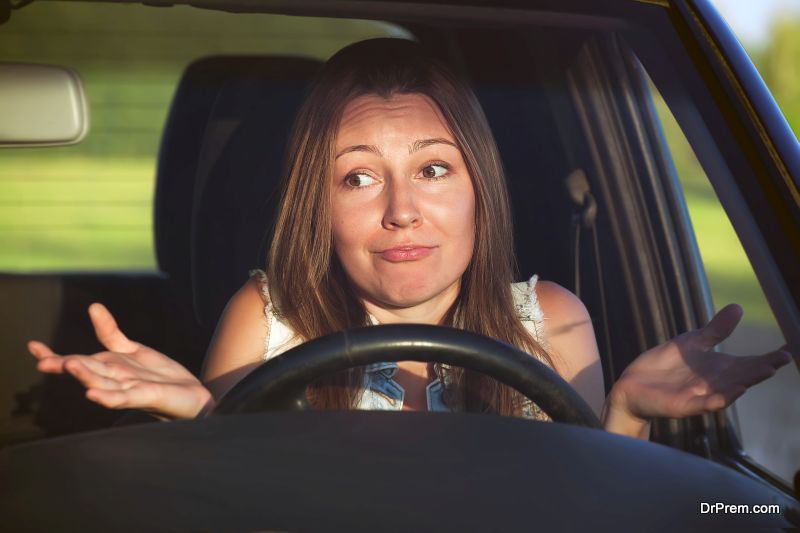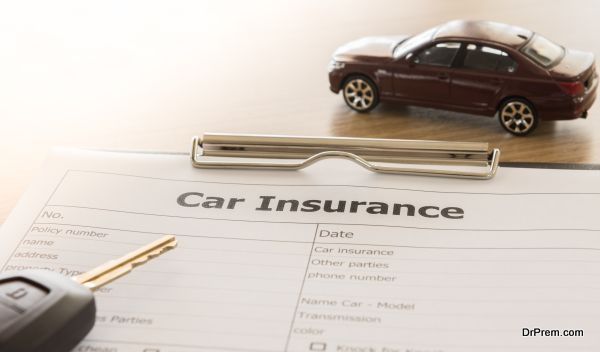If you allow someone to borrow your car, or if you borrow someone else’s, you may incorrectly assume that you are covered either through your own car insurance or theirs if something bad should happen. However, in some states, if you get into a car accident while driving someone else’s car, you may be leaving yourself vulnerable to a lawsuit if the accident is your fault.
The coverage attached to the vehicle is what determines if you are covered when borrowing a car that you don’t own and you didn’t insure yourself. In most state, it’s the car that is insured, not the driver. Most people make the mistake of believing that they pay for car insurance, so it follows them when they drive another vehicle, but that isn’t the case. When you take out car insurance, it isn’t to cover you; it is to cover the automobile.
If the car isn’t insured, then your own car insurance policy may act as the secondary insurance. For a Glendale auto accident attorney, that means that even if you took out a high amount of insurance on your car, the car that you borrow might only have minimal insurance. That would leave you vulnerable to a lawsuit to cover the damages that aren’t covered by the policy of the borrowed car.
If the accident is your fault or due to your negligence, the primary insurance that is attached to the car would be responsible for liability coverage. That would include the driver’s damages and possibly any injuries sustained, but only up to the policy’s specific limits. The owner of the car then has to file a claim that would leave them responsible for anything outside of the policy limits and the primary coverage deductible. If there is money owed that isn’t covered by the primary insurance, it may fall back on the secondary insurance, assuming that you have it.
There are times when drivers are excluded from a policy’s coverage. In these exceptions, the owner of the vehicle may not be liable for any damages incurred by the person who borrowed the car. An exclusion includes times when a driver is specifically excluded from the policy as stated in the insurance details. If the driver borrowed the car without permission, then the resulting damage is not the liability of the car owner, but the responsibility of the person who took it without permission.
What is an excluded person?
When you take out an auto insurance policy, there may be people who are specifically excluded on the policy. When you apply for insurance, you have to provide the insurance company with a list of all the drivers in your household. There are times when an insurance company will cover some members but specifically exclude others.
The reasons that a person may be excluded can be that they have excessive traffic violations (tickets) or they have a DUI on record. An insurance company has the right to either exclude a household member in writing or to charge a higher premium to include them on the policy. If they choose to exclude someone and that person is in an accident, then the insurance is not liable. Some states don’t allow for excluding drivers. States like New York and Michigan do not allow people to be excluded from policies.
Another time when the policy-holding company is not liable is if someone takes the car without asking permission for example, if someone takes the car for a joyride or steals it, then the insurance is not responsible for paying. However, if you allow someone to drive your car and you know that they are either intoxicated or that they are under the influence of drugs, you (the owner) may be criminally liable along with the driver. Also, if you allow someone to get behind the wheel of your car and they don’t have a license, then you are liable for the damages, should anything happen.
It is important that if you are going to either lend your car to someone or to borrow someone else’s car, you understand the complexities of liability and insurance. It is a good idea to know what the repercussions are for accident liability to protect yourself as a driver or the driver who you hand the keys to.
Article Submitted By Community Writer






